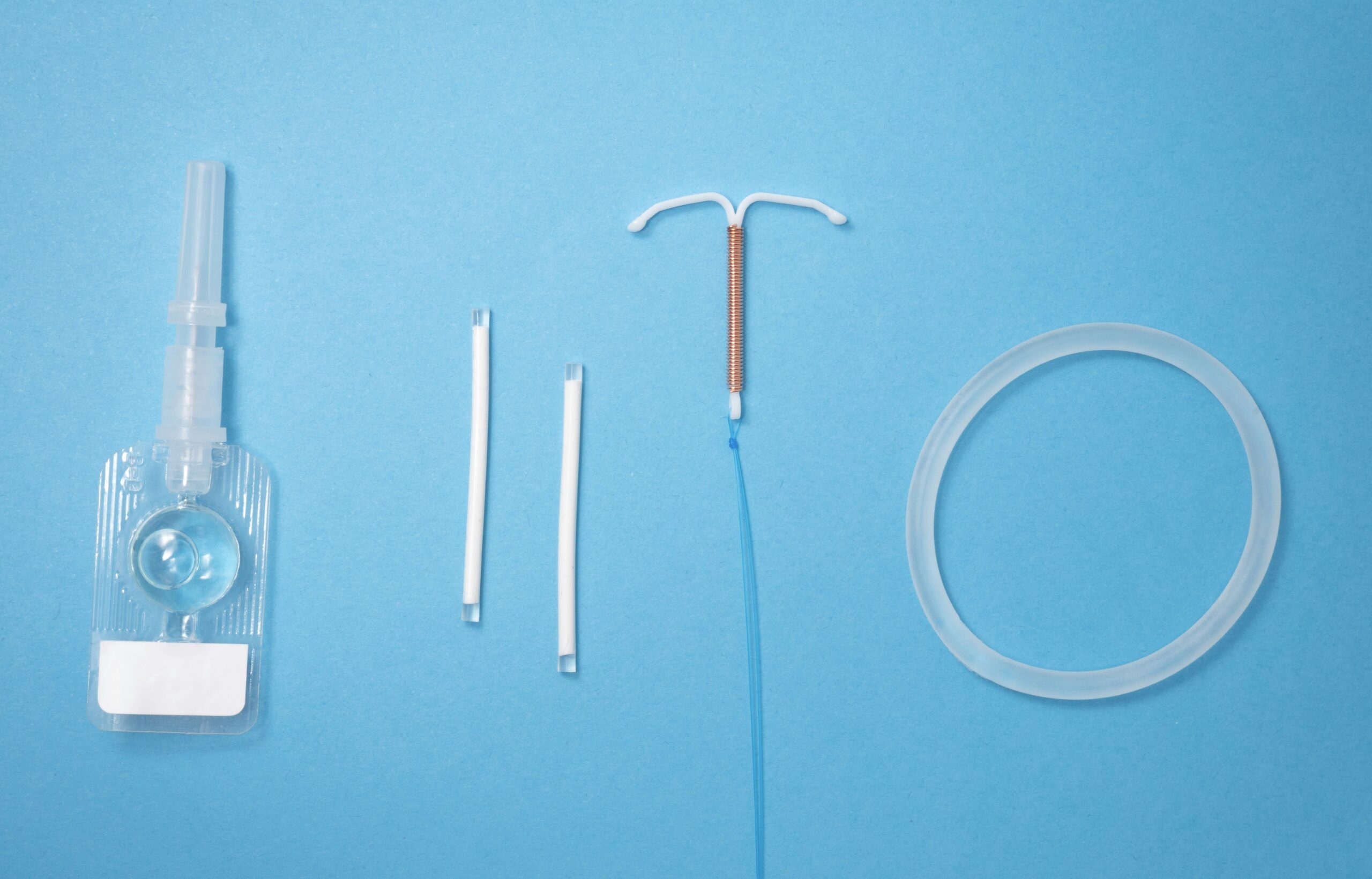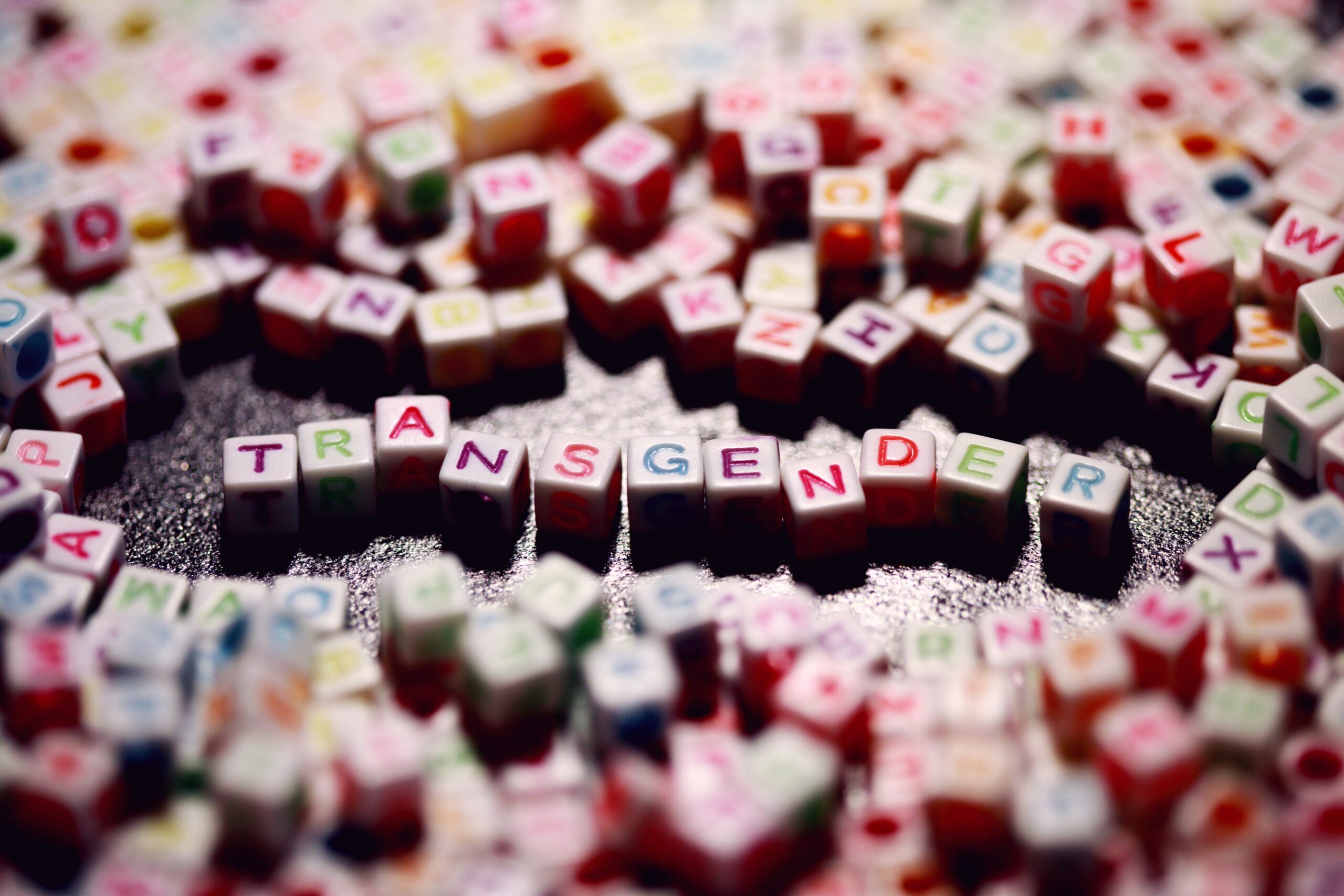You may not always think about it, but hormones play a crucial role in the function of your prostate. This small gland, located just below the bladder, is responsible for producing seminal fluid, which helps nourish and transport sperm. But how exactly do hormones come into play? Well, hormones like testosterone and estrogen have a direct impact on the size and function of your prostate, influencing everything from its growth and development to its overall health. So, let's take a closer look at the fascinating world of hormones and their role in prostate function.

Understanding The Prostate
Basic Anatomy of the Prostate
The prostate is a small gland in the male reproductive system, located just below the bladder and in front of the rectum. It is about the size of a walnut and surrounds the urethra, which is the tube that carries urine from the bladder out of the body. The prostate is made up of several smaller glands, as well as muscle and fibrous tissue.
Functions of the Prostate
The main function of the prostate is to produce and secrete fluid that nourishes and protects sperm. This fluid, known as prostate fluid, makes up a significant portion of semen and helps to transport sperm during ejaculation. Additionally, the prostate gland plays a role in controlling urine flow by contracting and releasing the muscles around the urethra.
Significance of the Prostate for Male Reproductive System
The prostate plays a crucial role in the male reproductive system. It is responsible for producing seminal fluid, which is essential for the survival and transport of sperm. Without the prostate gland, the sperm wouldn't be able to reach the egg for fertilization. Therefore, the prostate is vital for fertility and the ability to father children.
Overview of Hormones
Definition of Hormones
Hormones are chemical messengers in the body that regulate various physiological processes and control the activities of different organs and tissues. They are produced by various glands, including the pituitary gland, adrenal glands, and the testicles. Hormones are released into the bloodstream and travel to target cells or organs, where they bind to specific receptors and exert their effects.
Production and Functioning of Hormones
Hormones are produced in specialized cells within the endocrine glands. These cells receive signals from the brain or other parts of the body to release specific hormones in response to various stimuli. Once released, hormones bind to receptor sites on target cells, triggering specific biochemical reactions. Hormones regulate a wide range of functions in the body, including growth and development, metabolism, sexual function, and mood regulation.
Types of Hormones
There are several types of hormones in the body, each with its own specific functions. Some of the major types of hormones include:
- Steroid hormones: These hormones are derived from cholesterol and include hormones such as testosterone, estrogen, and progesterone.
- Peptide and protein hormones: These hormones are made up of chains of amino acids and include hormones such as insulin and growth hormone.
- Amino acid derivative hormones: These hormones are derived from amino acids and include hormones such as epinephrine and thyroid hormones.
- Fatty acid-derived hormones: These hormones are derived from fatty acids and include hormones such as prostaglandins.
Hormones and Prostate
Relationship Between Hormones and the Prostate
Hormones play a crucial role in the development, maintenance, and overall function of the prostate gland. The prostate is highly dependent on hormones, particularly androgens, for its growth and normal functioning. Androgens are a class of hormones that include testosterone, the primary male sex hormone, and dihydrotestosterone (DHT). These hormones bind to specific receptors in the prostate cells and regulate various processes within the gland.
Role of Hormones in Prostate Development
During puberty, hormones stimulate the growth and development of the prostate gland. Androgens, in particular, promote the growth of prostate cells, leading to an increase in prostate size. This growth is necessary for the prostate to reach its full size and function properly in adulthood. The hormonal regulation of prostate development is a delicate balance, and any disruptions can potentially lead to prostate disorders.
Impact of Hormones on Prostate Health
Hormones, especially androgens, continue to influence the prostate throughout a man's life. These hormones help maintain the structure and function of the prostate, including regulating the production of prostate fluid and the contraction and relaxation of the prostate muscles. However, imbalances in hormone levels or abnormal responses to hormones can contribute to the development of prostate diseases, such as prostate cancer, benign prostatic hyperplasia (BPH), and prostatitis.
Androgens: The Prostate Hormones
Function of Androgens in the Prostate
Androgens, particularly testosterone and DHT, play a critical role in prostate function. These hormones are responsible for stimulating the growth and development of the prostate gland during puberty. Additionally, androgens regulate the production of prostate-specific antigens (PSA), which are enzymes that liquefy semen and aid in sperm motility.
Role of Androgens in Prostate Development
Androgens are essential for the normal development of the prostate gland, ensuring that it reaches its proper size and matures correctly. As mentioned earlier, the prostate gland is highly dependent on androgens for its growth and maintenance throughout a man's life. However, excessive levels or abnormal responses to androgens can lead to the development of prostate disorders.
Androgens and Prostate Diseases
Imbalances in the levels of androgens, especially the conversion of testosterone to DHT, have been implicated in the development of prostate diseases. For example, in the case of prostate cancer, some cancer cells become dependent on androgens for their growth and survival. Therefore, hormone therapy, which aims to reduce androgen levels or block their effects, is often used as a treatment approach for prostate cancer.

Role of Estrogens
Role of Estrogens in Male Body
While estrogens are primarily considered female sex hormones, males also produce small amounts of estrogen. Estrogens play a role in male sexual development, bone health, and cardiovascular function. They help regulate the production and function of sperm and influence libido and erectile function.
Impact of Estrogens on the Prostate
Estrogens have been found to have both positive and negative effects on the prostate gland. Some studies suggest that estrogens may protect against certain prostate diseases by inhibiting the growth of prostate cells. On the other hand, high levels of estrogens, especially in the presence of low androgen levels, can contribute to the development and progression of prostate diseases such as BPH and prostate cancer.
Estrogens and Prostate Disease Risk
The exact relationship between estrogens and prostate disease risk is still not fully understood. However, studies have shown that imbalances between estrogens and androgens, such as a higher estrogen-to-androgen ratio, may increase the risk of developing prostate diseases. Further research is needed to determine the precise mechanisms by which estrogens influence prostate health.
Testosterone and the Prostate
Understanding the Role of Testosterone
Testosterone is the primary and most abundant male sex hormone. It plays a crucial role in the development and maintenance of male reproductive tissues, including the prostate gland. Testosterone is responsible for promoting the growth of prostate cells and regulating their function.
Testosterone Effects on the Prostate
Testosterone has several effects on the prostate gland. It stimulates the growth and development of prostate cells during puberty, ensuring that the gland reaches its proper size. Testosterone also regulates the production of prostate fluid, which is essential for sperm function and survival. Additionally, testosterone influences the contraction and relaxation of prostate muscles, which helps control urine flow.
Correlation of Testosterone Levels with Prostate Diseases
There is ongoing research to understand the correlation between testosterone levels and prostate diseases. While high levels of testosterone are not directly linked to an increased risk of prostate cancer, some studies have suggested that an imbalance between testosterone and other hormones, such as increased levels of estrogen, may contribute to prostate disease risk. However, more research is needed to establish a definitive relationship.

Prolactin Hormone And Prostate Function
Understanding Prolactin's Impact on the Male Body
Prolactin is a hormone primarily associated with lactation and breastfeeding in women. However, males also produce small amounts of prolactin, and it has been found to have multiple functions in the male body. Prolactin plays a role in reproductive function, immune regulation, and the maintenance of prostate health.
Correlation between Prolactin and Prostate Function
Prolactin levels are generally low in males, but they can increase under certain conditions. Studies have shown that high prolactin levels may be associated with benign prostatic hyperplasia (BPH) and prostate cancer. However, the exact mechanisms by which prolactin influences prostate function and the development of prostate diseases are still not well understood. Further research is required to explore the relationship between prolactin and the prostate.
Hormonal Imbalance and Prostate Disorders
Prostate Cancer and Hormonal Imbalance
Hormonal imbalances, especially disruptions in androgens and their receptors, have been implicated in the development and progression of prostate cancer. Some prostate cancer cells become dependent on androgens for their growth and survival. Therefore, hormone therapy, which aims to block the effects of androgens or reduce their levels, is a commonly used treatment approach for advanced prostate cancer.
Benign Prostatic Hyperplasia (BPH) and Hormones
Benign prostatic hyperplasia (BPH), also known as enlarged prostate, is a common condition in older men. While the exact cause of BPH is not fully understood, hormonal imbalances, including changes in androgen levels and sensitivity, are thought to play a role in its development. Targeting hormonal pathways is one of the treatment options for BPH, along with other therapies.
Prostatitis and Hormones
Prostatitis refers to inflammation of the prostate gland and can be caused by various factors, including infections and autoimmune conditions. Hormonal imbalances may also contribute to the development or exacerbation of prostatitis. In some cases, hormonal therapies may be used to manage prostatitis, particularly when underlying hormonal imbalances are identified.
Hormonal Treatments for Prostate Conditions
Hormone Therapy for Prostate Cancer
Hormone therapy, also known as androgen deprivation therapy (ADT), is a common treatment approach for advanced prostate cancer. It aims to reduce androgen levels or block their effects, thereby slowing down the growth and spread of cancer cells. Hormone therapy can be achieved through medications that decrease androgen production or block androgen receptors.
Role of Hormones in Managing BPH
Hormonal therapies, such as 5-alpha reductase inhibitors, are often used in the management of benign prostatic hyperplasia (BPH). These medications work by reducing the levels of certain hormones that contribute to prostate gland growth. By targeting hormonal pathways, BPH symptoms can be relieved, and prostate size can be reduced in some cases.
New Advances in Hormonal Treatments
Ongoing research is focused on identifying new and improved hormonal treatments for prostate conditions. This includes the development of more targeted therapies that selectively inhibit specific hormone receptors or signaling pathways. These advancements aim to enhance the effectiveness of hormonal treatments while minimizing side effects.
Preventing Prostate Issues Through Hormone Regulation
Ways to Maintain Hormonal Balance
Maintaining hormonal balance is crucial for prostate health. While it may not be possible to prevent all prostate issues, there are several ways to promote hormonal balance. Regular exercise, a healthy diet, stress management, and sufficient sleep can all help regulate hormone levels in the body. It is also important to avoid exposure to substances that can disrupt hormone production or function, such as certain medications, chemicals, and toxins.
Tips for Natural Hormone Regulation
In addition to general lifestyle factors, there are also natural remedies and lifestyle changes that can support hormonal regulation. These include incorporating certain foods and supplements into your diet, such as omega-3 fatty acids, zinc, selenium, and vitamin D. Herbal remedies, such as saw palmetto and pygeum africanum, have also shown potential in supporting prostate health and hormonal balance.
Role of Diet and Lifestyle in Hormone Management
Diet and lifestyle play a significant role in hormone management and overall prostate health. A diet rich in fruits, vegetables, whole grains, and lean proteins can help support hormonal balance. Regular physical activity and stress reduction techniques, such as meditation or yoga, can also contribute to maintaining hormone regulation. It is important to consult with a healthcare professional before making any significant dietary or lifestyle changes to ensure they are appropriate for your individual circumstances.
In conclusion, hormones play a vital role in the function and health of the prostate gland. Androgens, estrogens, testosterone, and prolactin all have their own specific functions and influence the growth, development, and overall well-being of the prostate. Hormonal imbalances can contribute to the development of prostate disorders, including prostate cancer, BPH, and prostatitis. Understanding the complex interplay between hormones and the prostate is key to managing and preventing prostate issues. By promoting hormonal balance through proper diet, lifestyle choices, and, if necessary, specific hormonal therapies, it is possible to support prostate health and overall well-being.

